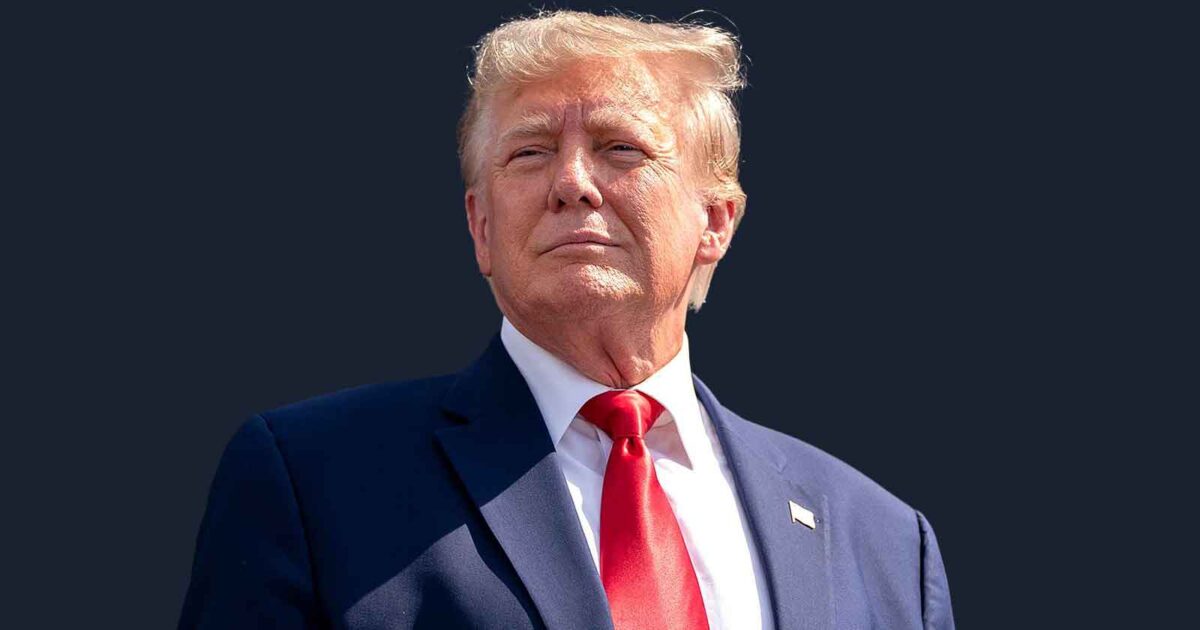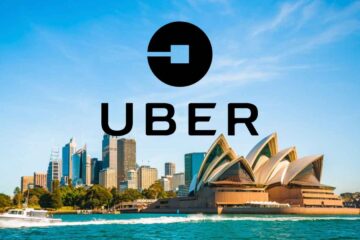
Donald Trump is encountering significant challenges in obtaining a $464 million bond to address a civil fraud ruling, his legal team stated in a recent court filing. They emphasized that the sheer size of the bond necessitates the use of real estate assets as collateral.
In February, Judge Arthur Engoron mandated Trump to pay $464 million, inclusive of disgorgement and interest, following a verdict that found him culpable for engaging in a decade-long business endeavor with deceitful financial documents that inflated the value of his real estate assets and exaggerated his wealth.
Additionally, Donald Trump was prohibited from holding leadership positions in New York-based companies for three years. His sons, Donald Trump Jr. and Eric Trump, were fined $4 million each and barred for two years.
According to Alan Garten, general counsel for the Trump Organization, the defendants have struggled to secure a bond for the full $464 million due to the requirement of real estate collateral.
Despite Trump’s asserted financial stability and substantial assets, no surety bond provider approached by him has been willing to accept real estate as collateral. This includes Chubb, the insurance company that underwrote Trump’s $91.6 million bond to cover the $83 million judgment in the E. Jean Carroll defamation case.
Trump’s legal team, labeling the judgment as “unconstitutionally excessive,” has petitioned the appellate court once more to permit Trump to obtain a bond for a lesser sum. They argue that liquidating real estate assets to gather the necessary cash would result in significant, unrecoverable losses.
Gary Guilietti, president of insurance surety Lockton Companies, testified in Trump’s defense during the trial and has assisted in coordinating the Trump Organization’s efforts to secure bonds. However, Guilietti stated in an affidavit that surety companies have refused to accept Trump Organization properties as collateral. Consequently, the only feasible option would be to post 120% of the bond in cash and cash equivalents, amounting to $557,491,716.
The New York Attorney General’s Office opposes the request for a lesser bond, expressing concerns that Trump and his co-defendants may attempt to evade or complicate the enforcement of the judgment.
Donald Trump, maintaining his innocence, plans to appeal the ruling. Engoron ordered Trump to pay pre-judgment interest on each fraudulent gain, with interest accruing from the date of each transaction. Additionally, a 9% post-judgment interest rate will apply once the judgment is entered.
University of Michigan business law professor Will Thomas remarked that the accruing interest will augment Trump’s legal expenses and influence his appeal strategy. Trump must either deposit the full fine into an escrow account or post a bond to initiate the appeal process, which will trigger an automatic stay of Engoron’s ruling.
However, if Donald Trump chooses to post a bond, interest will continue to accumulate during the appeal, potentially leading to tens of millions of dollars in additional costs.



